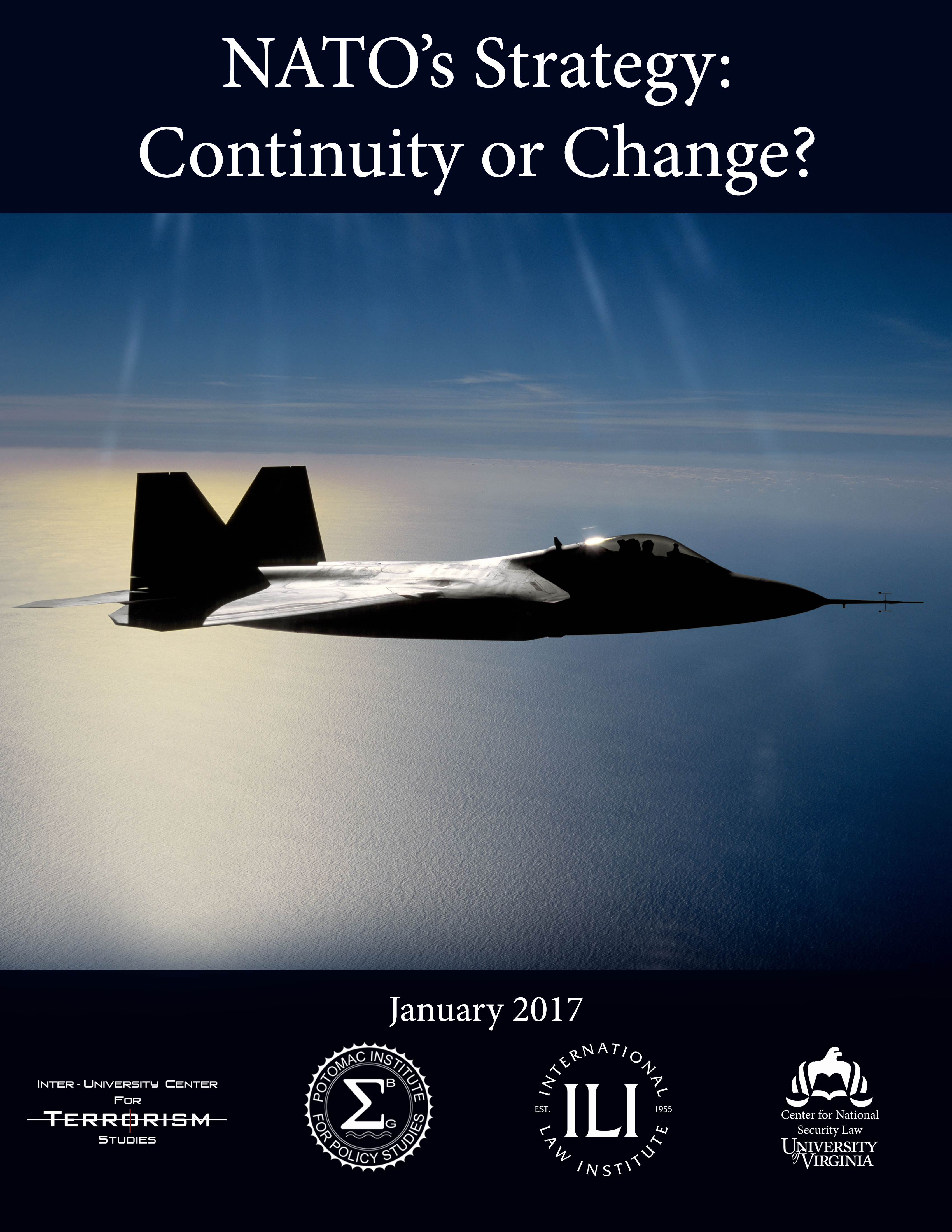 NATO, as it marked its 68th anniversary, is still facing a broad range of old and new challenges, including piracy, terrorism, regional and global conflicts, humanitarian crises, proliferation of WMD, and cyber threats.
NATO, as it marked its 68th anniversary, is still facing a broad range of old and new challenges, including piracy, terrorism, regional and global conflicts, humanitarian crises, proliferation of WMD, and cyber threats.
In light of these and other strategic concerns, the latest NATO Warsaw Summit in 2016 focused inter alia on strengthening and modernizing the Alliance’s deterrence and defense posture and projecting stability beyond its Eastern borders. The question arises whether the 28 nations’ partnership will continue to play its essential political and military role in the coming years.
This January 2017 report on “NATO’s Strategy: Continuity or Change?” provides a recent academic effort to analyze whether NATO, at this stage of its evolution, is capable of completing its transformation from an earlier static defense alliance into a more effective regional and global security provider.
Download the PDF here.



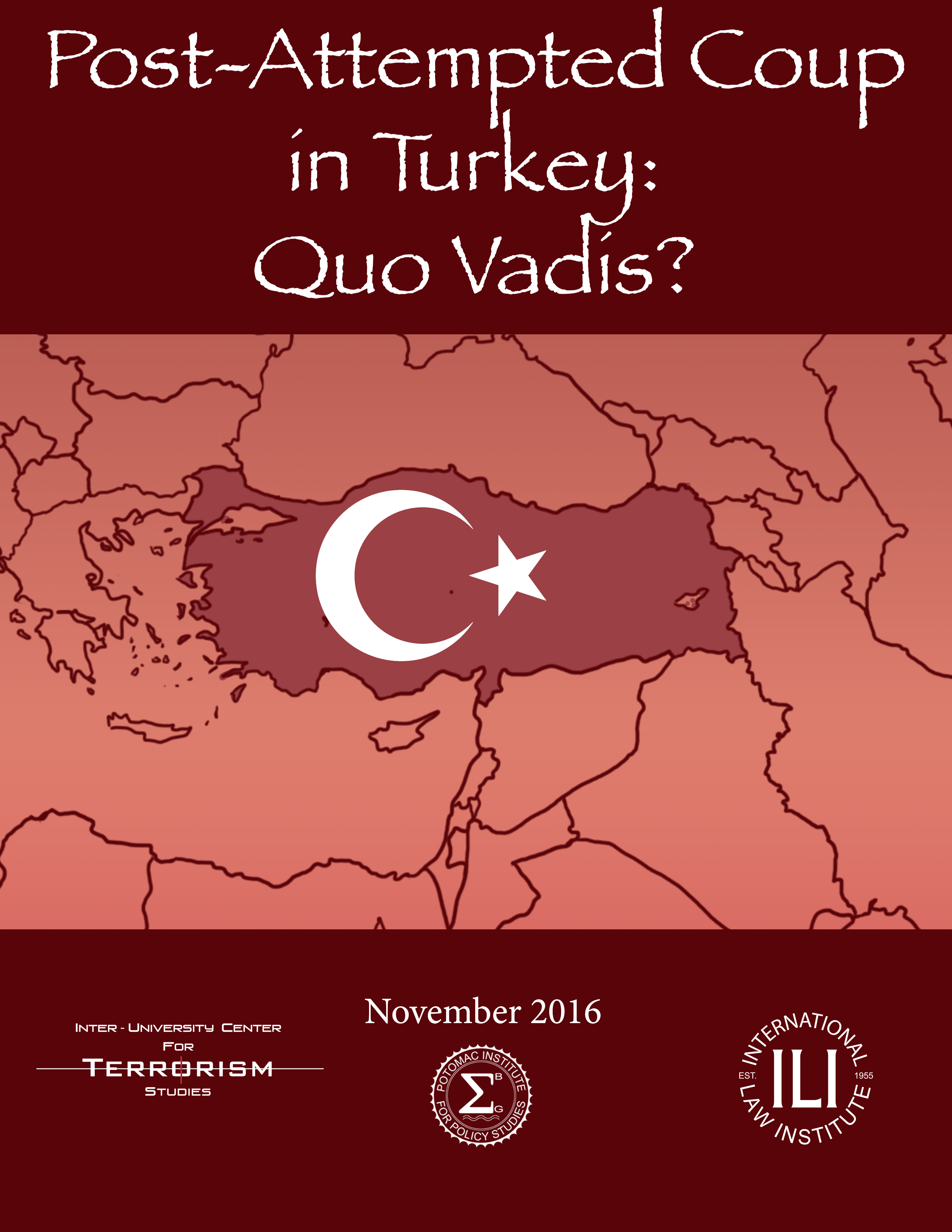 In the wake of the failed coup in July 2016, many questions have arisen both domestically and internationally regarding Turkey’s future political, social, economic, and strategic direction. Among them are how will Turkey to continue to maintain a balance between security concerns and civil liberties domestically, as well as contribute to international efforts, including NATO’s mission, to advance stability regionally and globally.
In the wake of the failed coup in July 2016, many questions have arisen both domestically and internationally regarding Turkey’s future political, social, economic, and strategic direction. Among them are how will Turkey to continue to maintain a balance between security concerns and civil liberties domestically, as well as contribute to international efforts, including NATO’s mission, to advance stability regionally and globally.
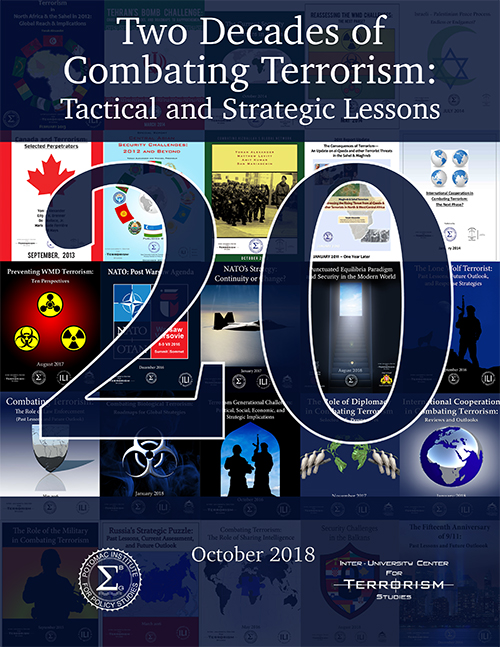

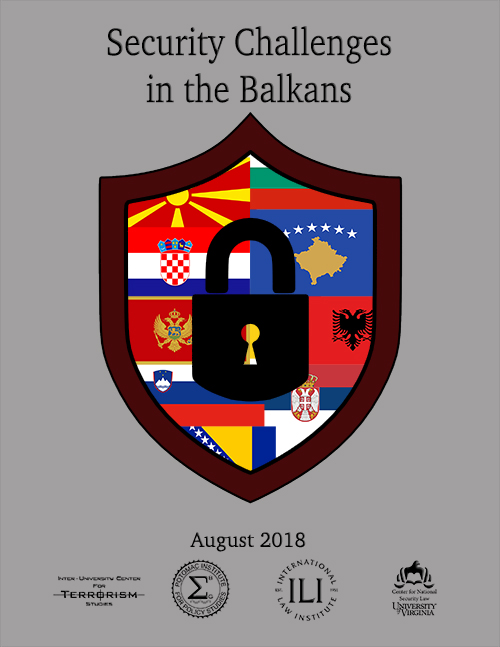

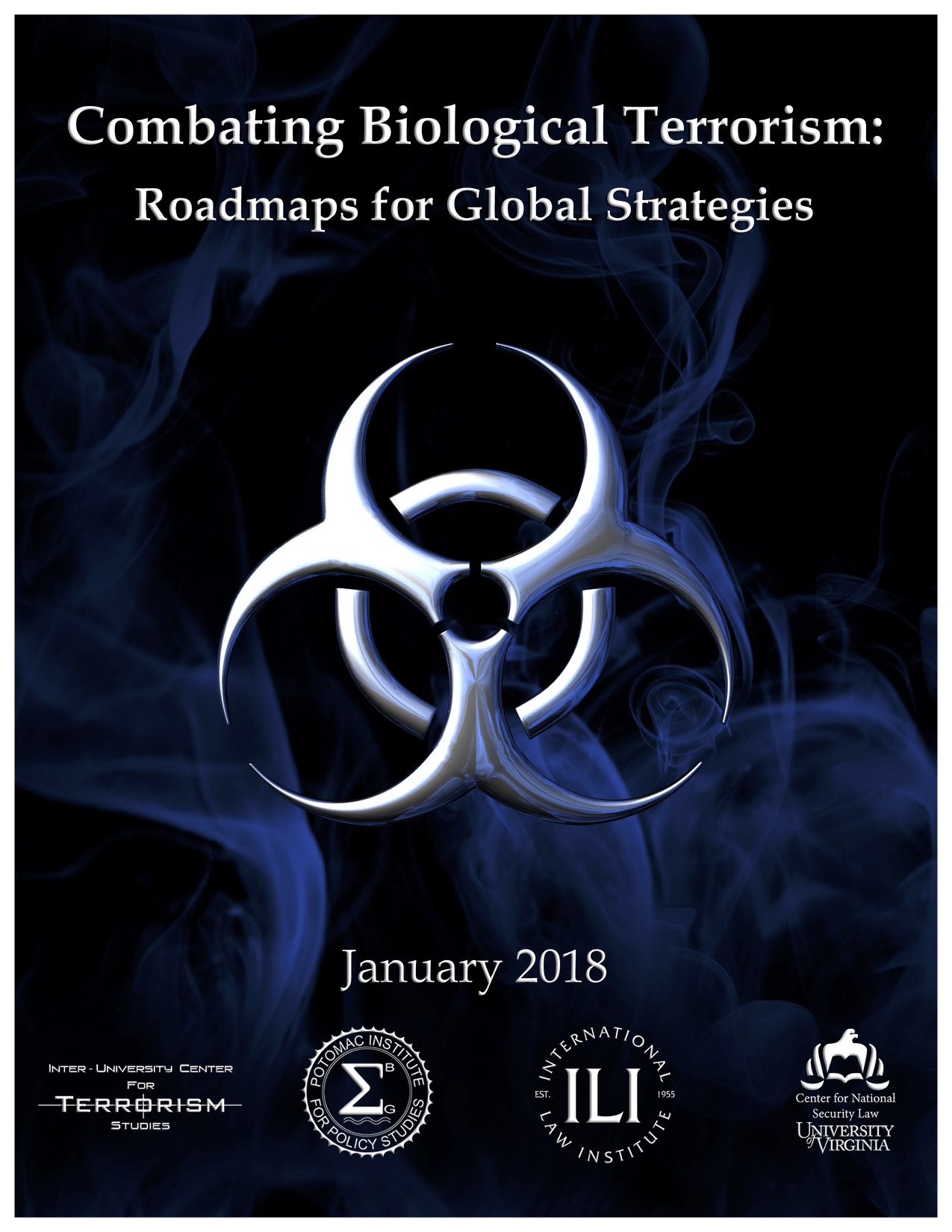 Recent epidemics, such as Ebola and Zika, and the potential dangers of biological terrorism from both state and non-state actors highlight the urgent need to address these challenges through international partnerships and comprehensive biosecurity strategies to reduce the gravest health risks at home and abroad.
Recent epidemics, such as Ebola and Zika, and the potential dangers of biological terrorism from both state and non-state actors highlight the urgent need to address these challenges through international partnerships and comprehensive biosecurity strategies to reduce the gravest health risks at home and abroad.